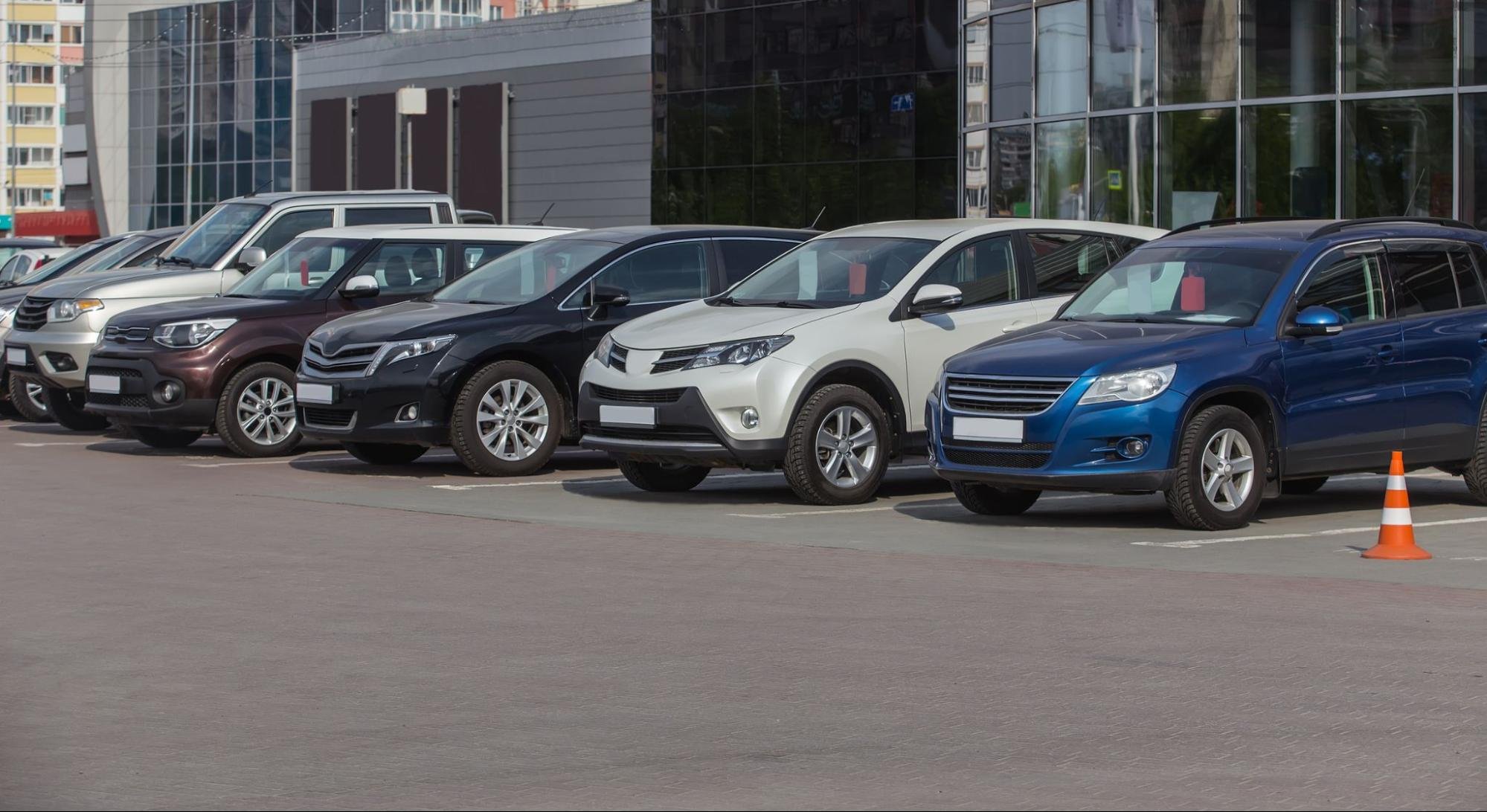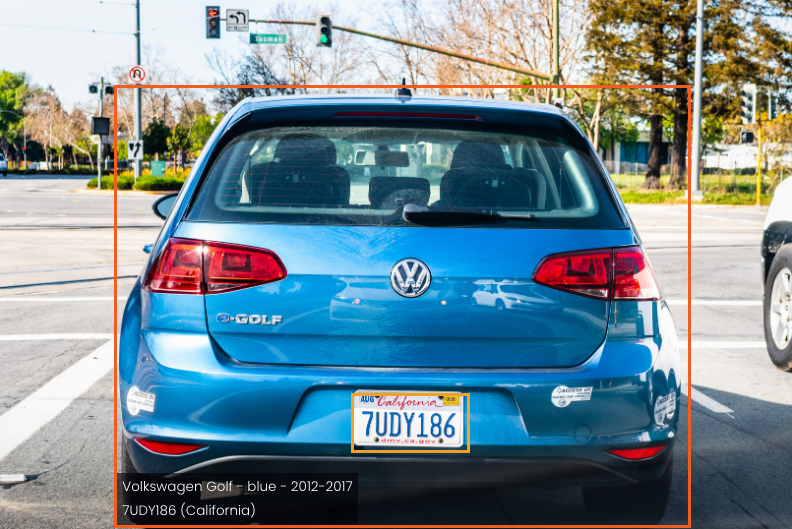ALPR and Data Privacy Considerations
We live in the digital age, where data is collected on our movements and actions anytime we leave the house. With ALPR, aka Automated License Plate Recognition, data is collected from license plates, creating yet another point where personal information is collected and analyzed.
For organizations like police departments, city governments, and vehicle-related industries, ALPR technology can provide information and insights that help with public safety and building strong communities. But it also means residents’ information is collected without their explicit consent–and it’s crucial to know how to properly manage that sensitive footage and data.
Why is license plate privacy important?
All around the world, license plate information is considered very private information. Therefore, when collecting personal information on private individuals, it’s crucial to handle that information responsibly and legally. Understandably, the average citizen doesn’t want their personal information shared publicly. When collecting information from ALPR, it’s key to consider questions like the following:
What information is being captured?
What information is being shared?
Who is it being shared with? And who else might gain access?
What are they doing with the information?
Because license plate information can be used to identify individuals in addition to vehicles, it is now receiving the same scrutiny as face recognition when it comes to privacy and protection laws. GDPR (General Data Protection Regulation) has proven to the globe that privacy is important and that there are consequences, very likely financial consequences, to the capture and distribution of private information. Even in the United States, where a license plate is directly connected to a person instead of a specific car, protecting people’s privacy is essential. Read more about US privacy laws in our blog, An Easy Guide to US Privacy Laws.
As an example of how seriously license plate privacy is taken, think of the last time you saw a vehicle for sale on the internet. It almost certainly had the license plate covered or blurred. The same concept applies here; people don’t want their license plate information posted for the world to see.
What information is collected with ALPR?
Standard ALPR solutions collect the information listed on the plate–typically just the plate numbers and any locations listed. This information can then be used to cross reference against databases to identify the owners, status of registration, insurance policy details or even find if there are outstanding parking infractions, toll charges, or other vehicle related violations.
Sighthound’s ALPR+ stands out from other ALPR solutions; it also captures the make, model, color, and generation (MMCG) of a vehicle. ALPR+ collects more data points per license plate, and that means an increased confidence rate in vehicle identification. When combining license plate data to vehicle information, the classification of the vehicle is more reliable and may provide additional insights on the owner.
With a solution like ALPR+, the data captured acts more like a fingerprint of the car rather than a picture of a license plate. Especially in the US, a license plate number does not guarantee correct information on the vehicle itself and the vehicle owner. Getting a full picture of the vehicle and its owner is far more useful than just a car’s “code.” But naturally, collecting more comprehensive data means more of a responsibility to use it properly.
Once data has been collected, what’s next?
Say you have footage that needs to be shared publicly, perhaps in the name of public safety or in reaction to a crime. There are ways to properly redact and hide information, making the footage usable while obstructing sensitive, private information. Video redaction software can make it simple to turn footage full of private information into perfectly usable public-facing videos. Sighthound Redactor, for example, has the ability to quickly and simply redact video footage with the click of a button.
Sighthound Redactor Makes Easy Work of Obscurring License Plates
Data collection is getting more sophisticated. Are you?
Data collection of vehicle information is only getting more sophisticated. Eventually data will be collected on additional vehicle details, from noting bumper stickers to flagging bumper and headlight damage. Getting ahead of the curve now by knowing how to properly navigate data privacy standards will prepare you for a future of more personal information being collected.
Want to learn what ALPR+ could mean for your business? Schedule a demo or contact our team to see how ALPR+ can meet your organization’s needs. Request a free trial today.


